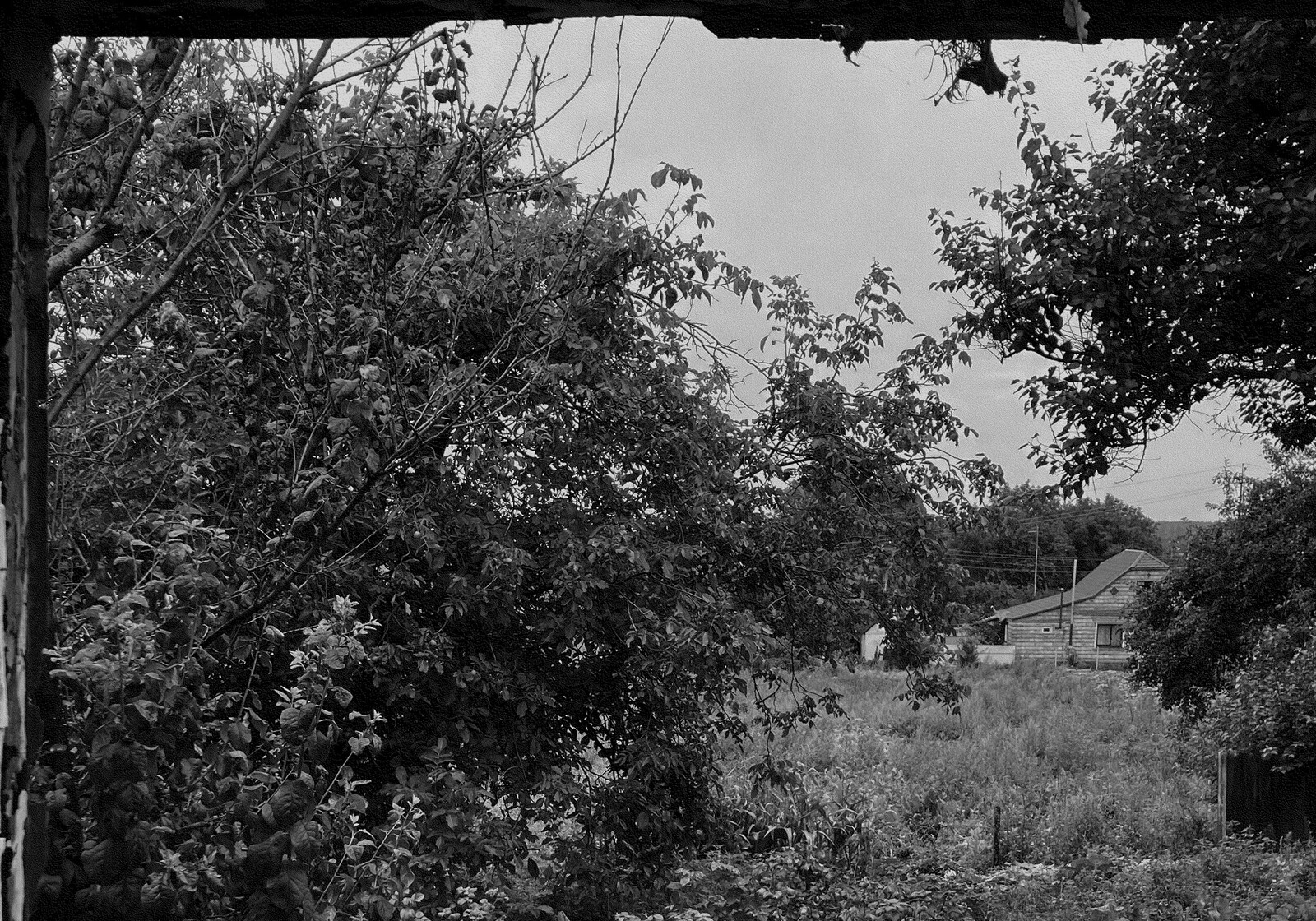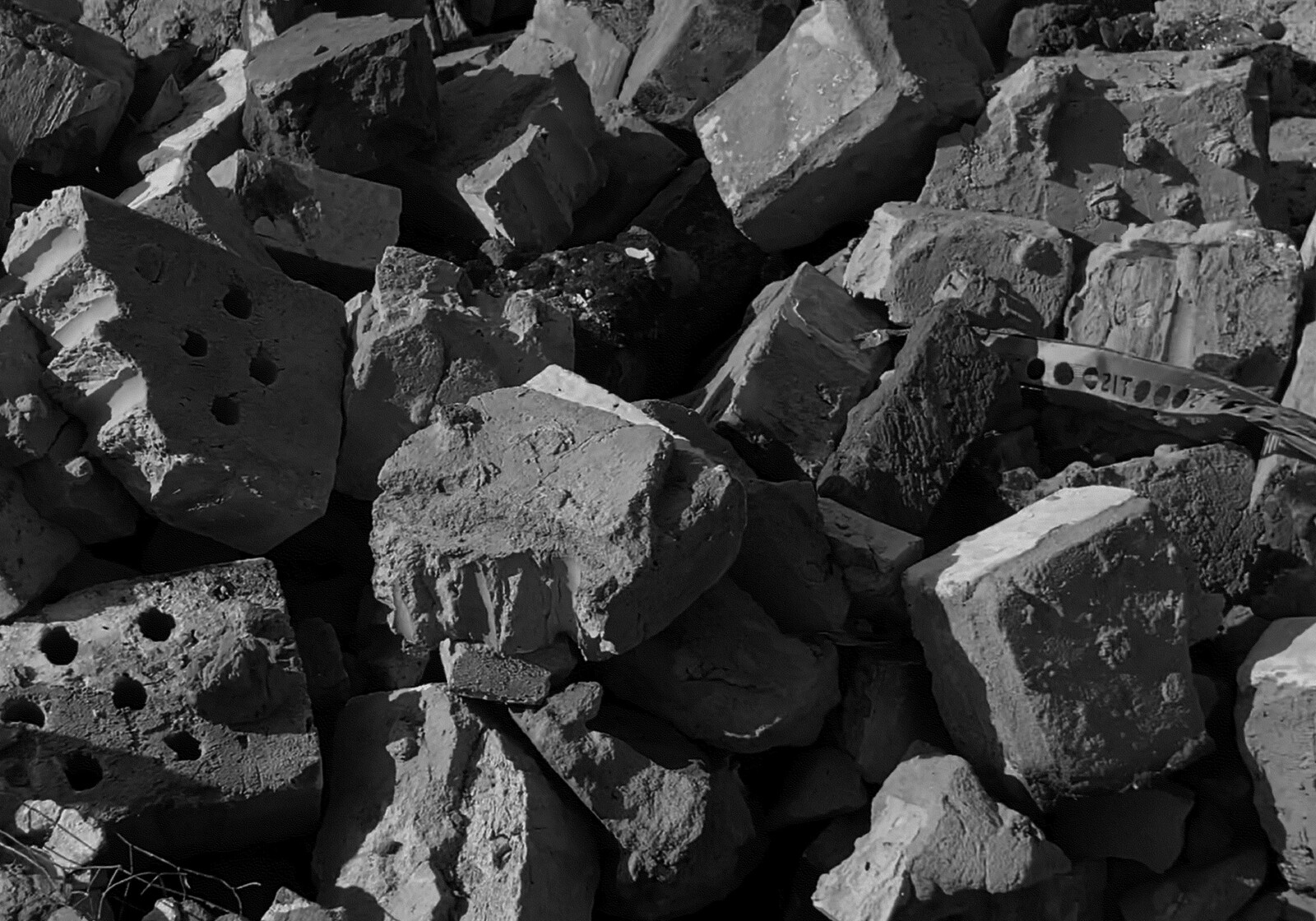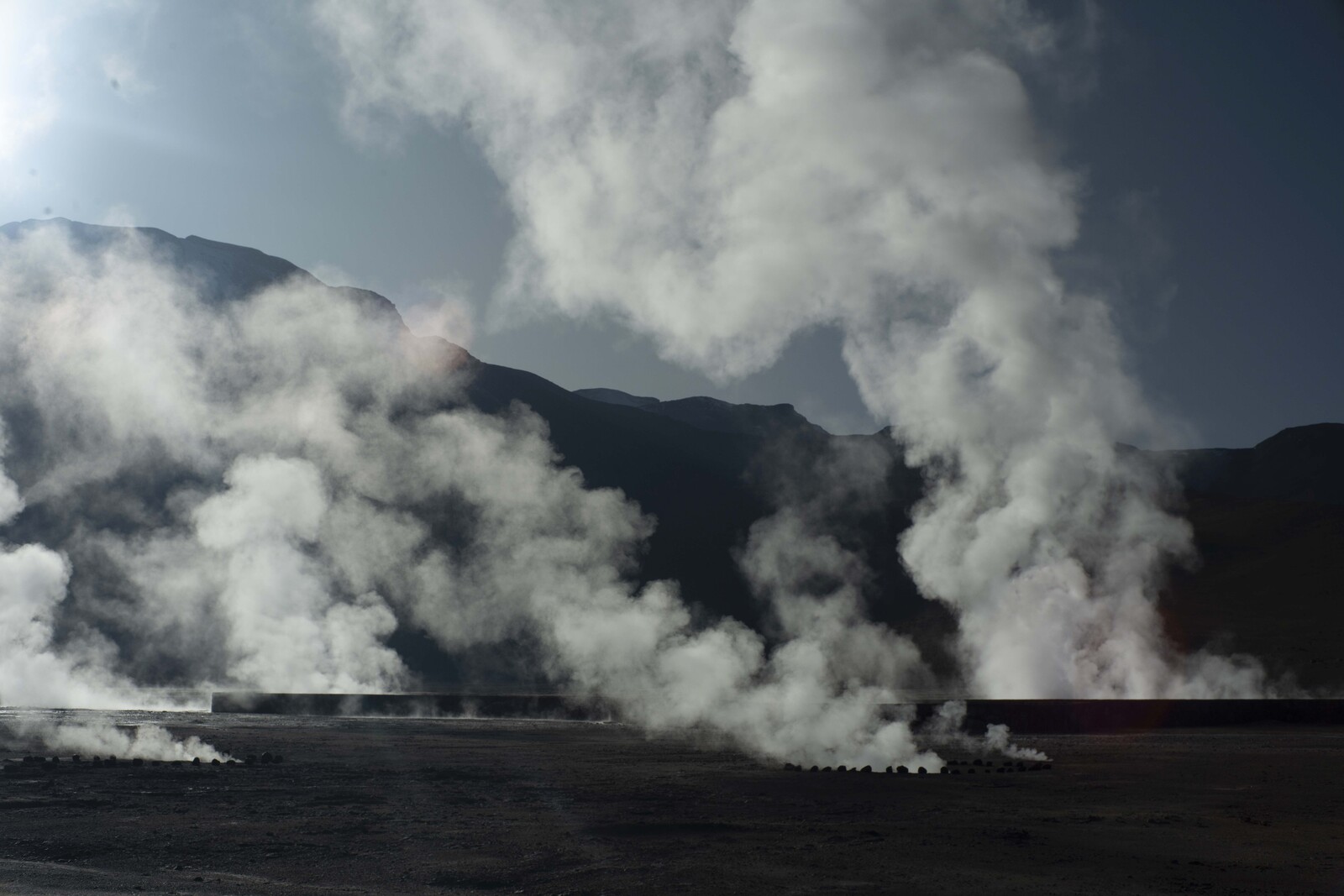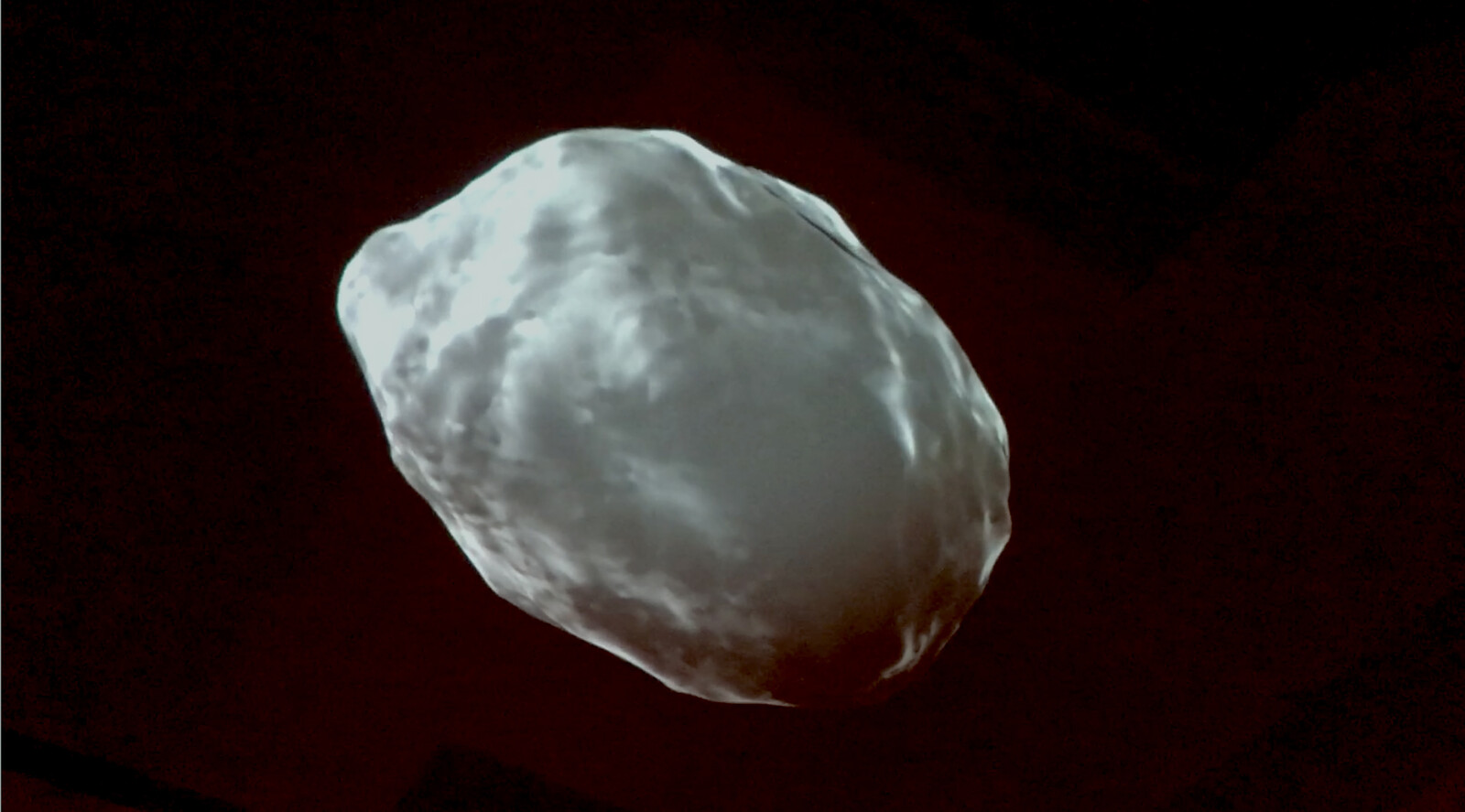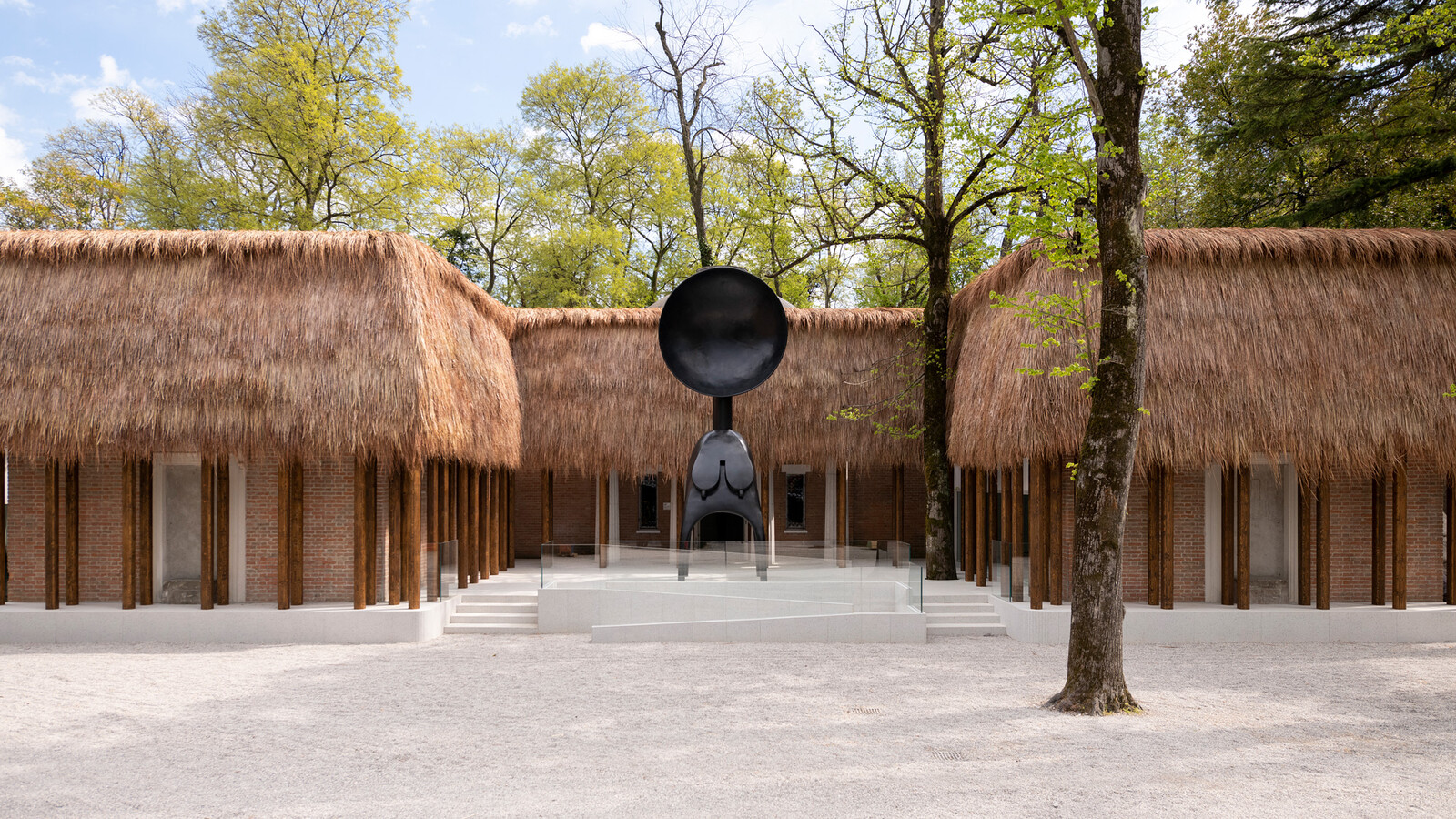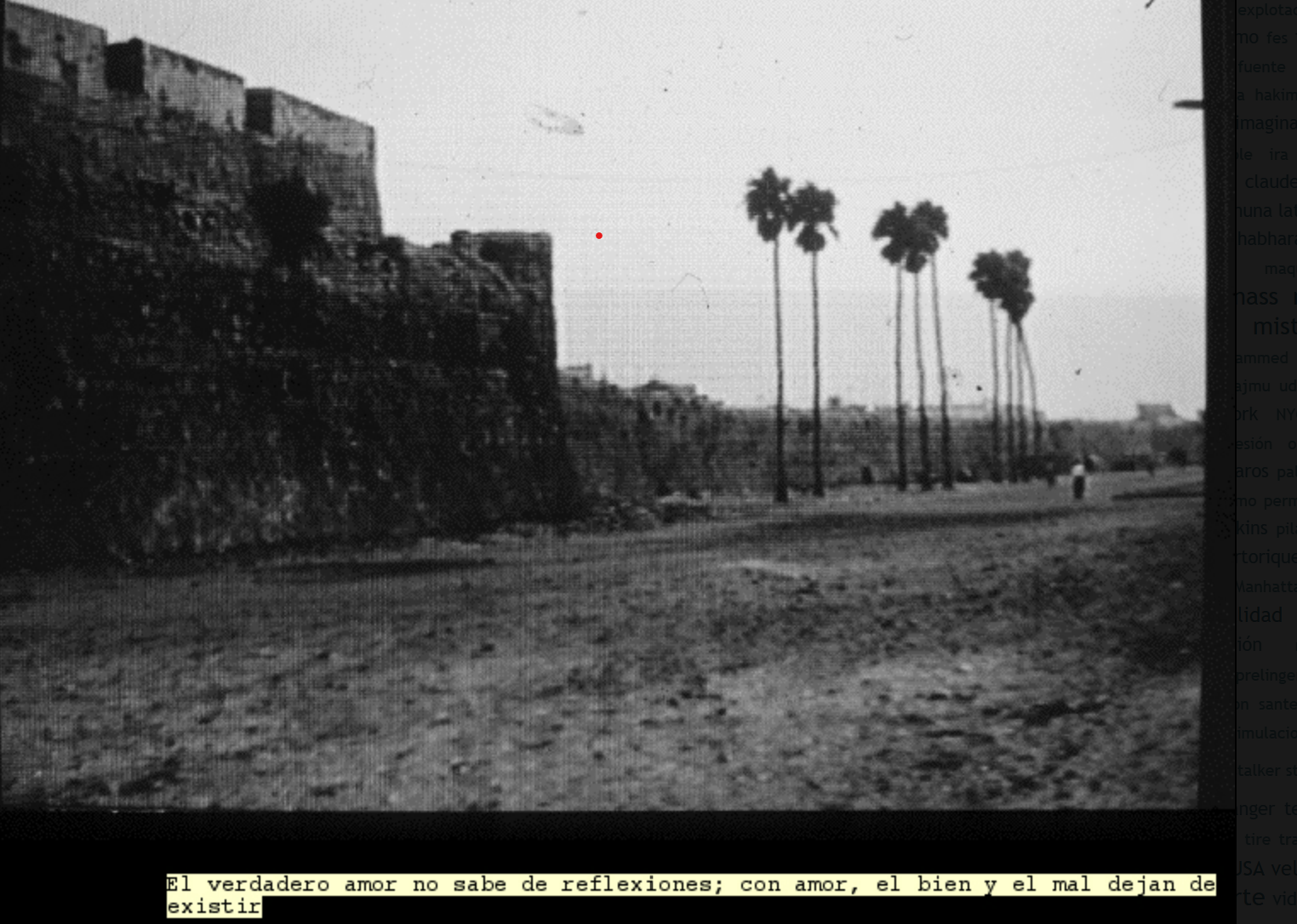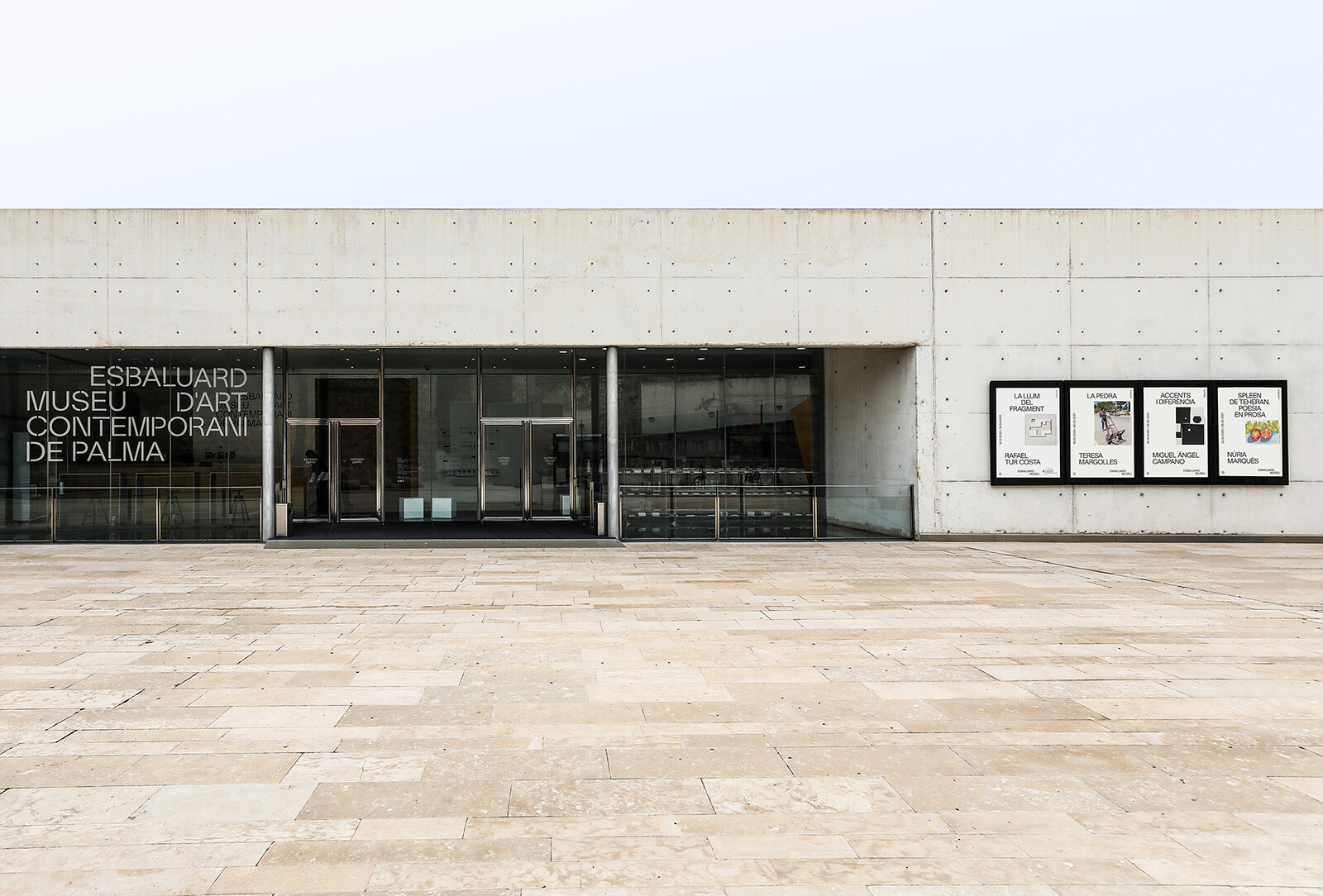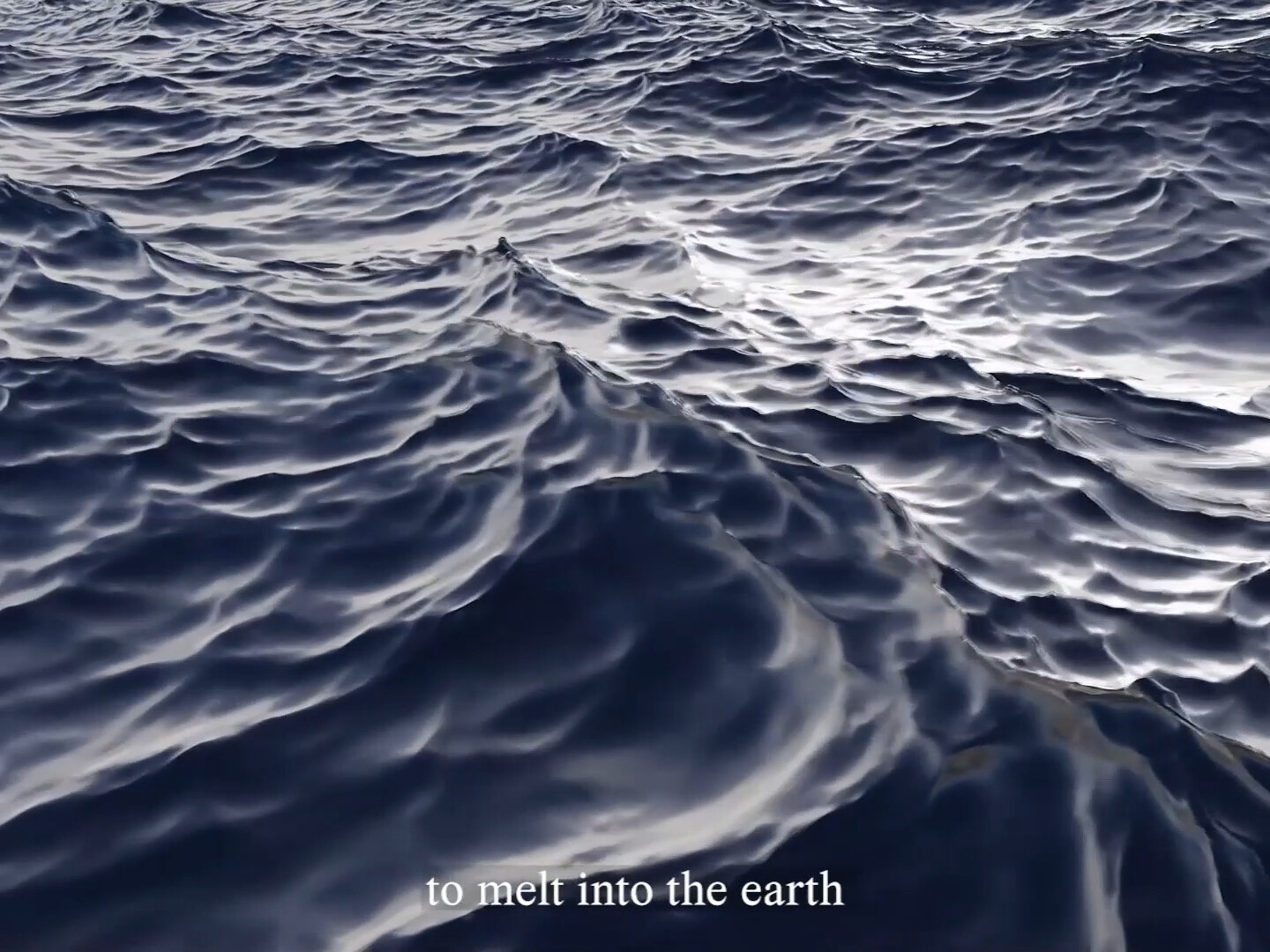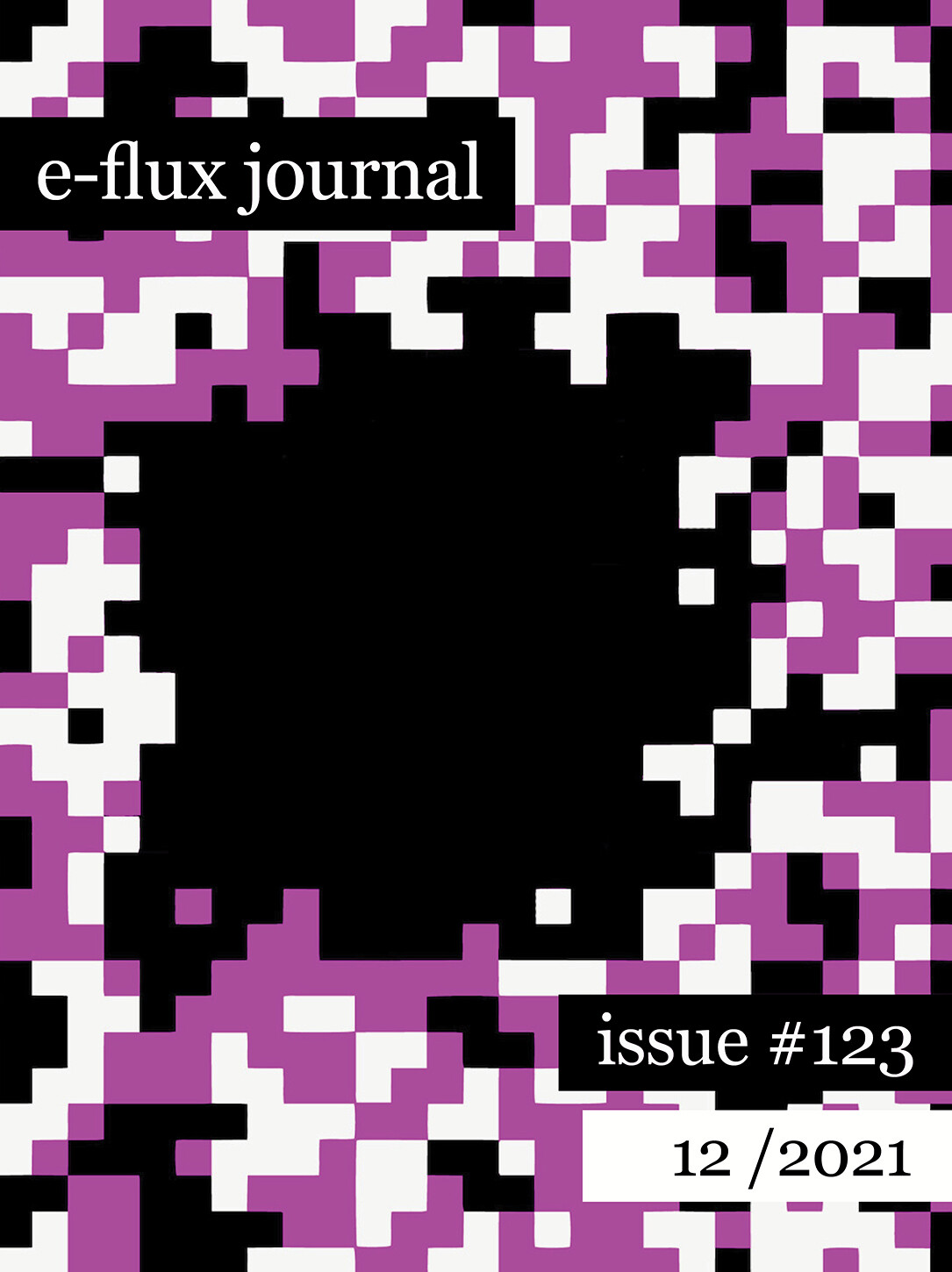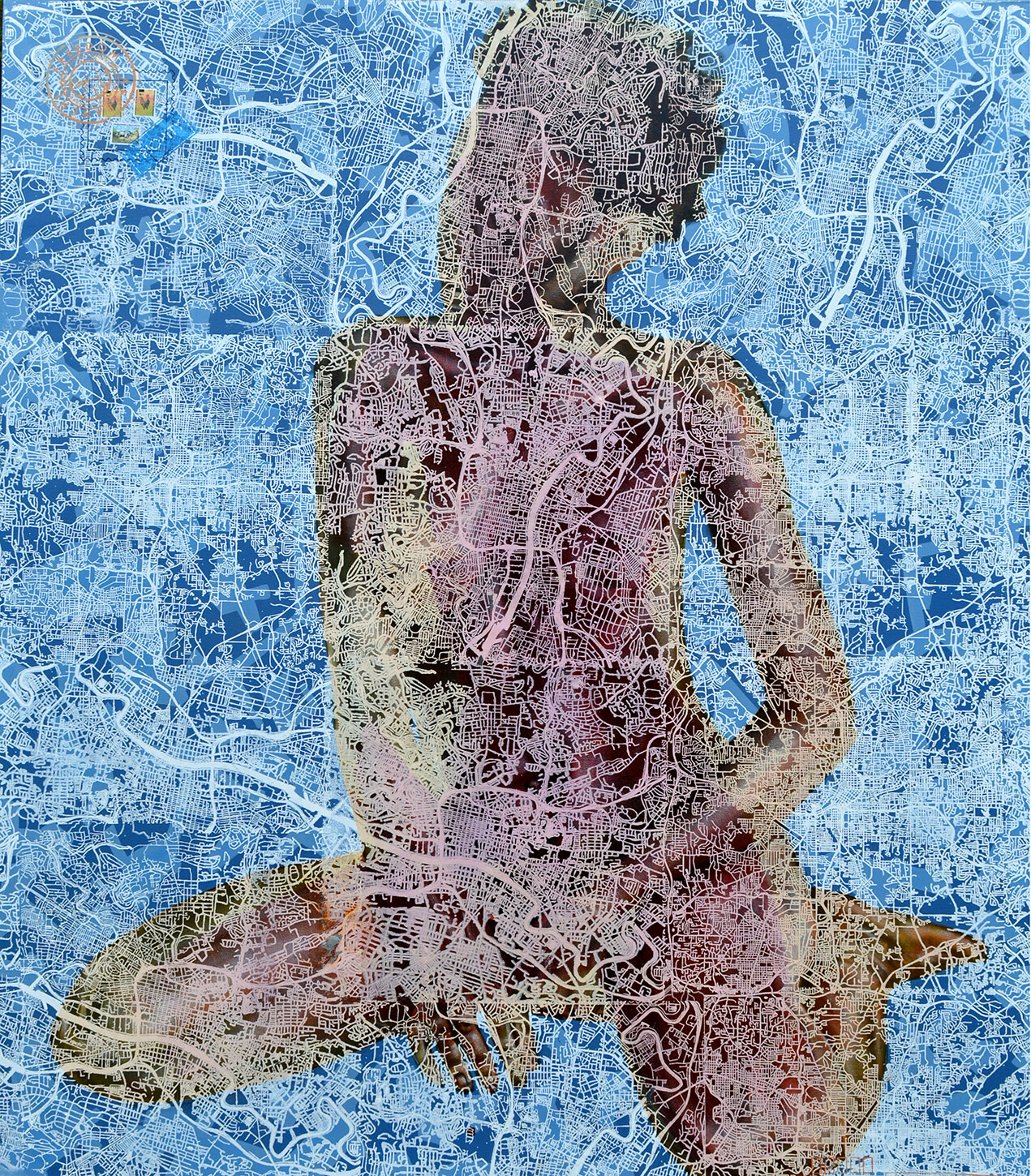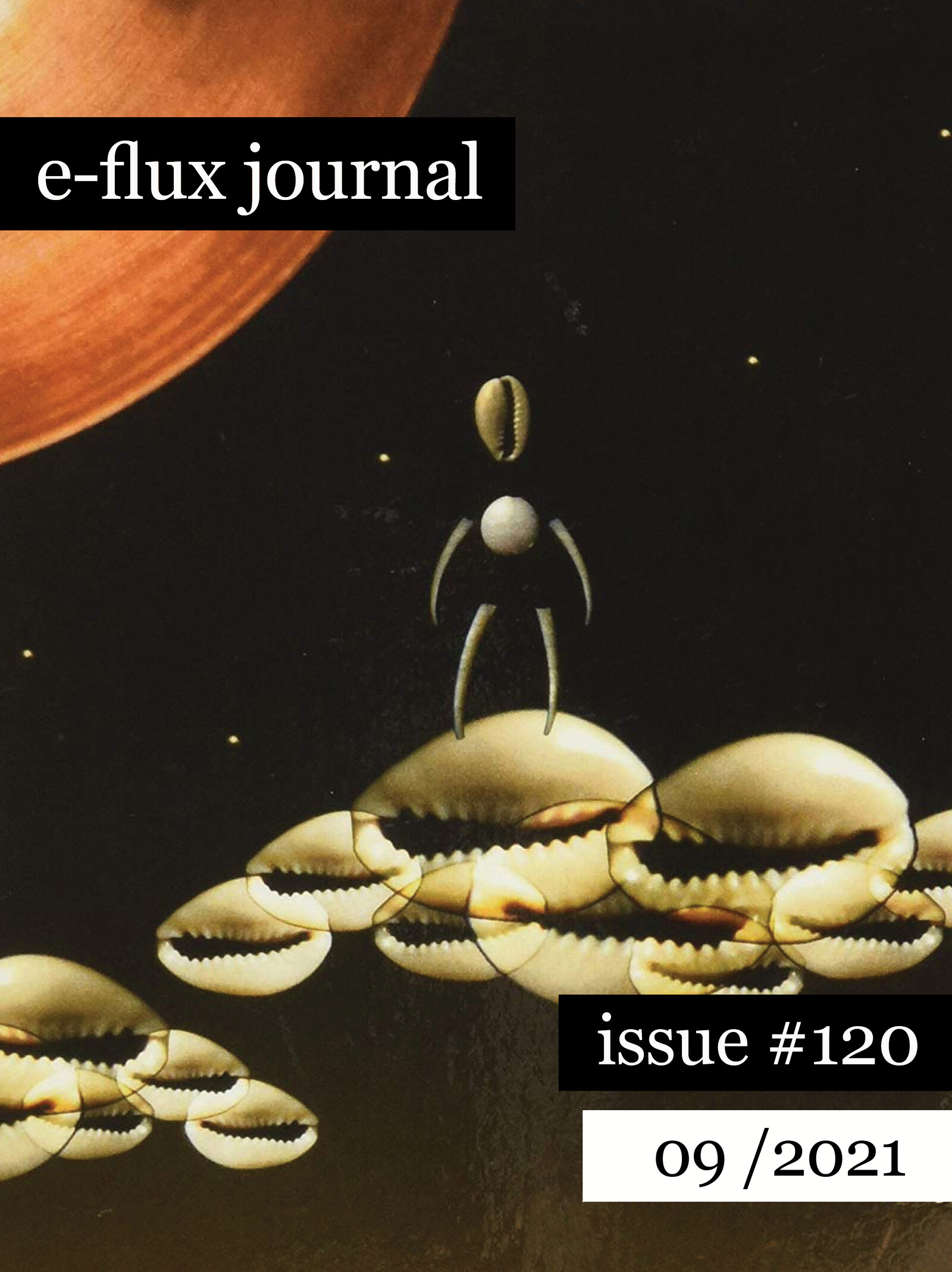Denise Ferreira da Silva Read Bio Collapse
Denise Ferreira da Silva teaches at the University of British Columbia and is a member of Coletiva (EhChO.org).
When playing in the context delineated by the thesis introduced by recursive colonialism, black feminist poethical tools and procedures seem to support what the latter both diagnoses and proposes, which is the uprooting of the infrastructure of global capital. It is again a moment that includes (a) a strike from above, which is creative rather than destructive, and which unleashes (b) a downward blow—an implosion perhaps—that shifts attention to the foundations. It is as if looking at global capital from down to up reveals precisely that which is not visible from its windows because it is what sustains the walls onto which they have been carved.
When the categorial force of blackness is confronted with the total violence that its historical trajectory cannot but recall, it cannot but refract and fracture the transparent shoal (the threshold of transparency) that protects the Subject’s onto-epistemology across his scientific and aesthetic moments. The total exposure of blackness both enables and extinguishes the force of the modern ethical program, insofar as the disruptive capacity of blackness is a quest(ion) toward the end of the world. Blackness is a threat to sense, a radical questioning of what comes to be brought under the (terms of the) “common.” If the ordered world secures meaning because it is supposed to be knowable, and only by Man, if that world is all the common can comprehend, then blackness (re)turns existence to the expanse: in the wreckage of spacetime, corpus infinitum.
